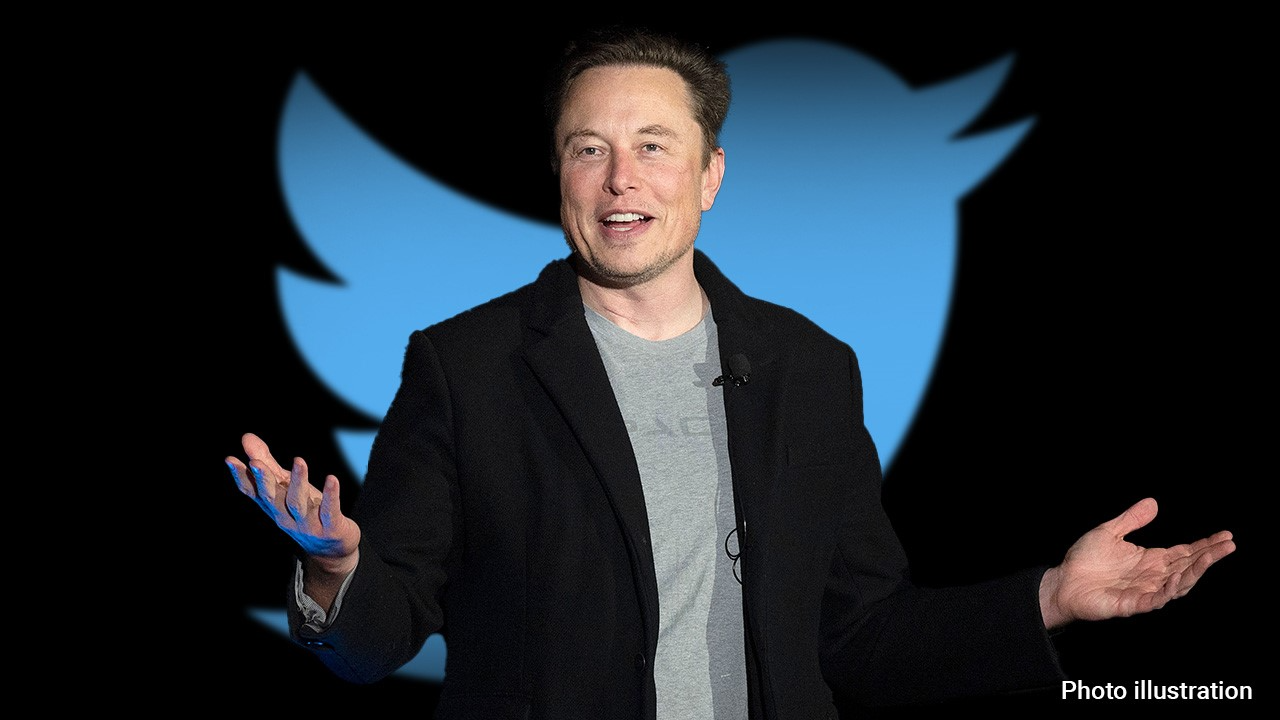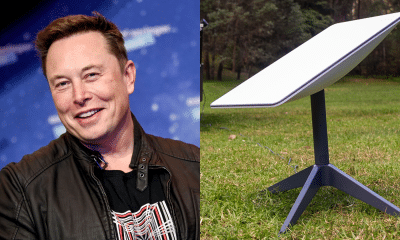World News
Twitter’s Secret Blacklists Revealed In New Investigative Series

A journalistic investigation has revealed that “secret blacklists” were created at Twitter to limit the audience and visibility of certain accounts, particularly among conservatives and critics of health restrictions.
The series of “Twitter files” continues, with the publication on December 8 of the second part of revelations by journalists Bari Weiss and Matt Taibbi on the methods that were used within the Californian firm before the acquisition of this one. by Elon Musk.
Again in the form of a long series of tweets, Bari Weiss presented the result of the investigations, slowed down for a time by the legal director, and dismissed in the meantime. By examining internal documents, the two American journalists argue that Twitter teams have established “blacklists” preventing certain tweets deemed undesirable from being broadcast and actively limiting the visibility of entire accounts or even certain topics of news, all without ever informing users.
THREAD: THE TWITTER FILES PART TWO.
TWITTER’S SECRET BLACKLISTS.
— Bari Weiss (@bariweiss) December 9, 2022
Among the users targeted by these measures are personalities such as Dan Bongino, the host of a conservative talk show ( censored by Youtube by the way), doctor Jay Bhattacharya, who had criticized the confinements put in place during the health crisis. , or conservative activist Charlie Kirk.
3. Take, for example, Stanford’s Dr. Jay Bhattacharya (@DrJBhattacharya) who argued that Covid lockdowns would harm children. Twitter secretly placed him on a “Trends Blacklist,” which prevented his tweets from trending. pic.twitter.com/qTW22Zh691
— Bari Weiss (@bariweiss) December 9, 2022
Dan Bongino’s account was thus labelled as part of a “blacklist”, while Jay Bhattacharya’s tweets could no longer appear in the network’s “trends”, decreasing their visibility. Charlie Kirk’s account was stamped with the words “do not amplify”.
A “visibility filtering” policy deployed at the highest level
According to Bari Weiss, these measures were part of an overall “visibility filtering” policy developed by the platform’s teams, concerned with controlling the audience of a series of accounts and deciding on reducing it, sometimes until complete invisibilization. Company officials had, however, claimed in 2018 that they did not use this tool of invisibilization, also known by its English name: the “shadow ban”. “You will always be able to see the tweets of the accounts you follow […] and we certainly do not practice a” shadow ban “based on political points of view or an ideology”, indicated then Vijaya Gadde and Kayvon Beykpour on the company blog .
Said targeted audience limitation policy was ensured by a first team called “Strategic response team-Global escalation team”, which handled up to 200 cases per day, details Bari Weiss. But, higher in the organization chart, a “secret team” dedicated to the “integrity” and the “escalation policy” of the network (“Site integrity policy, Policy escalation support”, SIP-PES) would have supervised in as a last resort for these measures and would have counted among its members the chief legal and security officers, as well as former CEOs Jack Dorsey and Parag Agrawal.
Twitter deleted the account of an American elected official opposed to vaccines against Covid-19
“It is within this body that the most important and politically sensitive decisions have been taken”, suggests Bari Weiss, citing the case of the conservative account “Libs of TikTok”. Although the latter has been suspended several times, a note from the SIP-PES team nevertheless indicated that he had not violated the network’s rules regarding online hate speech, which would suggest an intervention of a more Politics.
After the publication of these new elements, several conservative figures, including Dan Bongino, stressed that their suspicions about the censorship policy aimed at their political camp, in particular, were confirmed, after having been dismissed by their “liberal” opponents as falling under a “conspiracy theory”.
Elon Musk was quick to react, taking the opportunity to specify the changes he intends to make to the functioning of the social network. “Twitter is working on an update that will show the true status of your account, so it’s clear if you’ve been blinded, why the decision was made, and how to appeal,” he wrote. hours after sharing the latest instalment of the “Twitter Files”.
Twitter is working on a software update that will show your true account status, so you know clearly if you’ve been shadowbanned, the reason why and how to appeal
— Elon Musk (@elonmusk) December 9, 2022
“Truth brings reconciliation,” he added in another post , also announcing a major cleanup of unused accounts on the network.
Musk’s policy mentioned by the UN Human Rights Council
Bearer of a radical vision of freedom of expression, the boss of Tesla and Space X has long expressed his desire to relax the content moderation policy on Twitter, which has raised concerns, especially in Europe. Also on December 8, the president of the UN Human Rights Council, Federico Villegas, expressed concern that a “private entrepreneur to decide what is dangerous and incites violence and hatred” , advocating for the establishment of standard rules for social networks on the limits of freedom of expression. He particularly echoed the case of American rapper Kanye West, whose account Elon Musk suspended on December 2 after the publication of an image representing a swastika intertwined with a Star of David, as well as admiring remarks towards Adolf Hitler. .
In mid-November, Elon Musk specified that “hateful” or “negative” messages would have their visibility limited “to the maximum” and that they could not be a source of profit for Twitter while remaining accessible if the user wants to access it. This operation would thus be, according to him, “no different from the rest of the Internet”.
Even before the publication of the “Twitter files”, which should continue according to the announcements of Bari Weiss and Matt Taibbi, the platform’s lack of transparency on the criteria leading to the suspension or restriction of accounts, as well as on remedies available to users, had been the subject of a series of criticisms.












